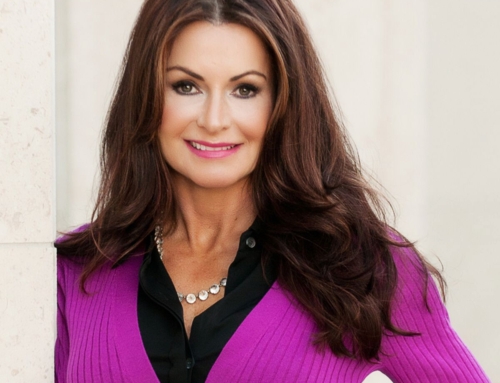Dave Weir is a Co-Founder & CEO of First Crop, a public benefit company dedicated to improving the health and wellness of people and the planet through the regenerative power of hemp. Prior to co-founding First Crop, Dave was the CEO of several startup companies and was a sought after strategic and financial advisor, board member and business coach who has advised dozens of companies ranging from startups to Fortune 500 enterprises in a professional career spanning over 35 years.
Thank you so much for doing this with us Dave! Can you share with us the story about what brought you to this specific career path?
I spent the first 20 years of my career working as an investment banker at JP Morgan where I was a Managing Director and was responsible for the firm’s technology and telecommunications practice and its West Coast operations. I got bitten by the entrepreneurship bug and became intrigued with the idea that technology and the internet could be used to create broader financial inclusion by using it to give people who were typically excluded from the rewards of capitalism a seat at the table. After successfully applying this concept to the world of private company investments as the CEO of two different startup companies, I became convinced that broader financial inclusion could contribute to addressing some of the social and environmental challenges many of our local communities are facing. This idea is at the core of First Crop’s mission.
Are you working on any exciting projects now?
My latest project has been the formation of First Crop and launch of its Seed the Revolution campaign. First Crop is a public benefit company with a vision to strengthen local communities and improve the health of the planet by empowering small and midsized farms so they can participate in the commercial opportunity offered by the recent legalization of industrial hemp. Our Seed the Revolution campaign encourages consumers to boldly put a stake in the ground and plant their own future with hemp — as well as their own first crop — alongside our First Crop farmers. Hoping to inspire people across America to support the cultivation of hemp and the use of environmentally friendly hemp products, we are using this campaign to mobilize community members to take one regenerative action at a time and do what they can to contribute to the hemp revolution in the U.S.
None of us are able to achieve success without some help along the way. Is there a particular person who you are grateful towards who helped get you to where you are? Can you share a story?
My good friend, former colleague and First Crop Director John Fullerton has been an inspiration through the work he has been doing as the Founder of the Capital Institute. John’s search for a new narrative and the development of ideas that can lead to an economy and financial system that promotes a more just, regenerative, and thus sustainable way of living has been a motivating force for the First Crop team.
This industry is young dynamic and creative. Do you use any clever and innovative marketing strategies that you think large legacy companies should consider adopting?
In a world where the KGB is more welcome on the big online advertising platforms such as Facebook and google than companies that sell hemp derived CBD products, we have had to resort to grassroots marketing activities such as our Seed the Revolution campaign to get our word out.
Can you share 3 things that most excite you about the hemp industry? Can you share 3 things that most concern you?
More hemp means higher profits for farmers and positive environmental impacts. The legalization of industrial hemp provides farmers with the opportunity to increase their profits per acre from $600-$800 for most commodity crops to as high as $20,000 per acre. Hemp also uses 75% less water than many alternative crops and a hemp plant captures 4 times the amount of carbon from the air than a tree.
My biggest concern is the lack of clear rules and regulations that govern the cultivation, processing and production of hemp and hemp related products and the risk that new participants seeking a fast buck may damage the integrity of the industry by not adhering to high standards.
Can you share your “5 Things I Wish Someone Told Me Before I Started Leading a Hemp Business”? Please share a story or example for each.
- Hemp is Widely Misunderstood- Industrial hemp, which is defined as cannabis with less than .3% THC, cannot get you high and is considered legally to be an ordinary agricultural commodity. However, its close association with cannabis continues to confuse people including some of my friends and family!
- Avoid the Green Rush- The hemp business like any emerging market opportunity is attracting lots of interest and money seeking a road to riches. Staying true to our mission and business plan for achieving our goals requires daily discipline.
- Banks are in the Dark Ages- Despite the cultivation and commercialization of hemp and sale of hemp derived products being federally legal, most financial institutions discriminate against hemp businesses and gaining access to basic business banking services continues to be a challenge. We have had our accounts closed by one bank already and been denied banking services by many others simply for being involved in the hemp business.
- Government Policy Moves Slowly- Although the 2018 Farm Bill removed industrial hemp from Schedule I Controlled Substances list and recognized it as an ordinary agricultural commodity, the USDA and FDA rules that govern its cultivation and the production and sale of CBD products are not yet developed. Knowing where the lines are and navigation our business to stay well within those lines is a challenge. In the meantime, we will work constructively with governing bodies to contribute to the development of constructive policies to adequately regulate the industry.
- Don’t Forget to Laugh- The hemp business is in its infancy and its immaturity breeds situations, circumstances and opportunities that often border on the absurd. We strive to take each bump and twist in the road with grace, humility and a healthy sense of humor.
What advice would you give to other CEOs or founders to help their employees to thrive?
Set clear goals and strategies, communicate them well and often and don’t ask anyone to do anything that you are not prepared to do yourself.
You are a person of great influence. If you could inspire a movement that would bring the most amount of good to the most amount of people, what would that be? You never know what your idea can trigger. 🙂
In a world characterized by economic inequality, tribalism and divisiveness seek opportunities to be inclusive. We have more in common than what divides us and financial, social and political inclusion can be a remedy to what separates us.
What is the best way our readers can follow you on social media?
Visit our website at www.firstcrop.com
Follow us on Facebook @firstcropusa
Follow us on Instagram @firstcrop_
Follow us on twitter @firstcrop_
This was very inspiring. Thank you so much for joining us!

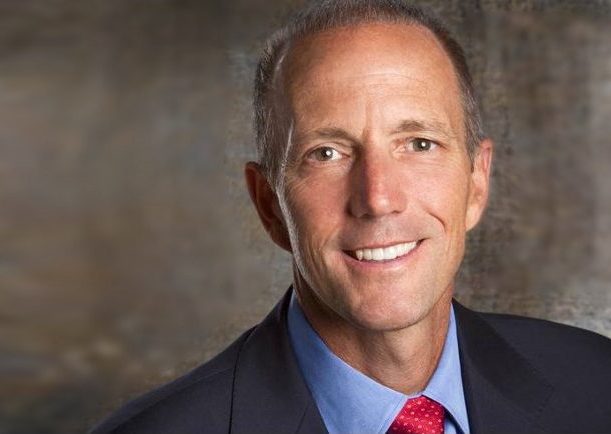
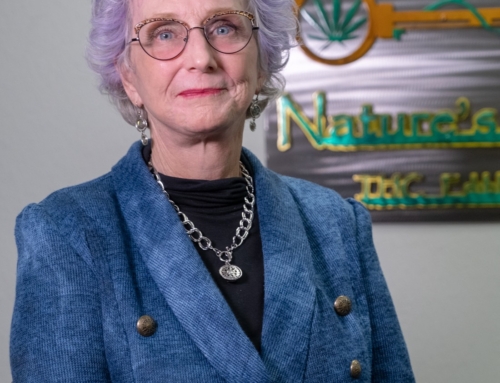
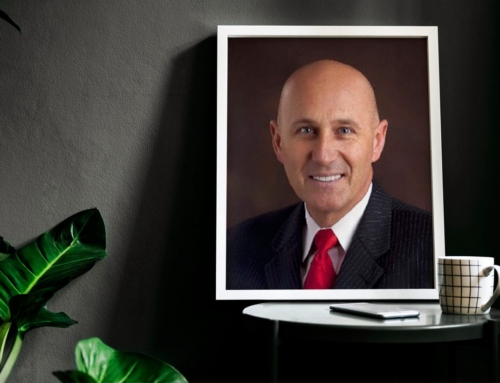
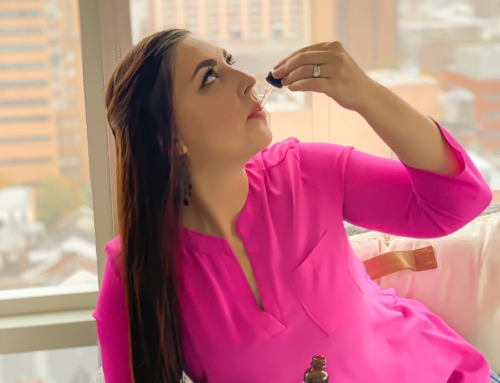

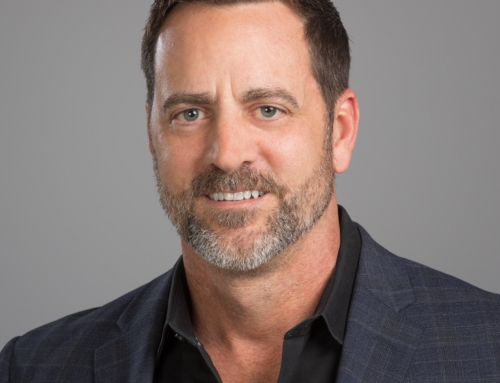
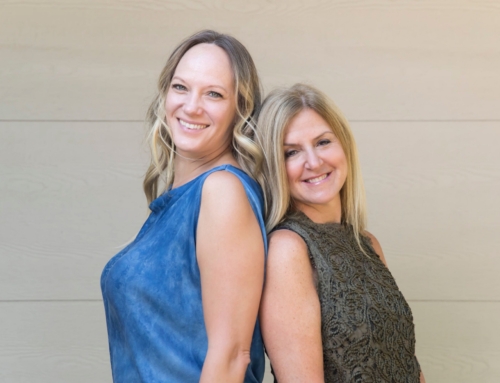
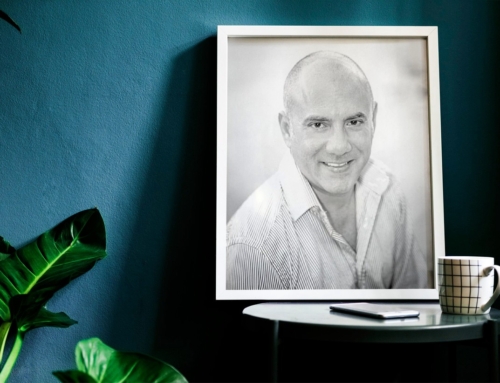
![“The potential to help people [in this industry] is enormous, but there’s still so much to learn.” – Ramon Alarcon, Witi](https://cf.lakesideremedy.com/wp-content/uploads/2020/12/1thj5ekUyxQ69iLz1JJyODg-scaled-e1607882756286-500x383.jpeg)
